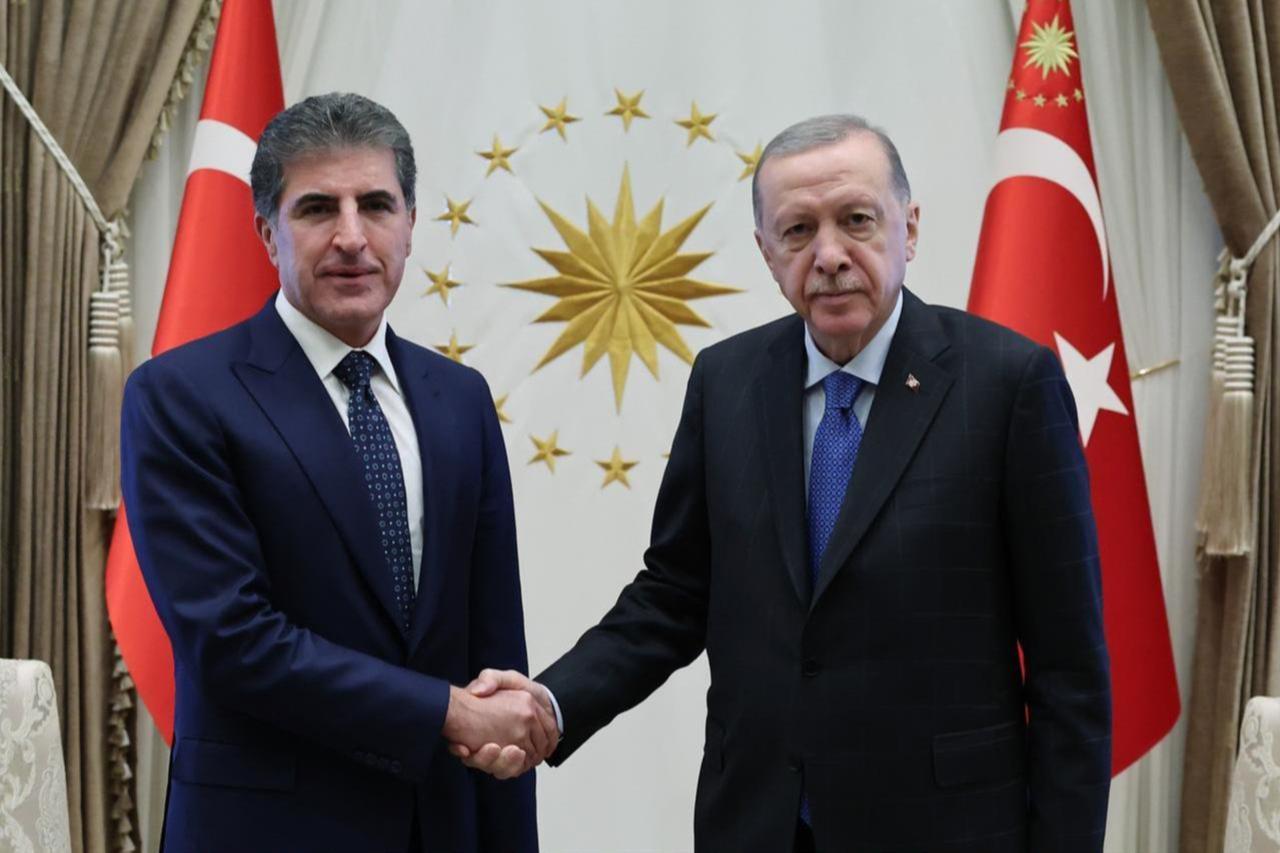
In early 2023, Türkiye suspended flights to the Sulaymaniyah in northeastern Iraq over security concerns linked to PKK. Initially intended as a temporary measure lasting three months, the suspension persisted until very recently, when Nechirvan Barzani, President of the Kurdistan region engaged in constructive discussions with Turkish President Recep Tayyip Erdogan on matters of regional stability, collaborative counterterrorism initiatives, and equitable management of water resources along the Tigris and Euphrates Rivers. During this pivotal high-level dialogue, both leaders reached a mutual agreement to restore the flight route, signaling a shared commitment to enhanced cooperation and an acknowledgment of the anticipated stability in the region, bolstered by the PKK’s symbolic disarmament ceremony near Sulaymaniyah in July.
The lifting of the ban was unexpected, considering that Türkiye had announced an extension through January 2026, citing PKK influence in the area. Yet the in-person diplomacy between the leaders showed an unexpectedly optimistic outlook, as Erdogan reportedly appreciated Barzani’s commitment to sustainable and peaceful development for all of Iraqi Kurdistan. When asked why he cared so much for Sulaymaniyah, Barzani answered, “I am the President of the Kurdistan Region, and half of me is from Sulaymaniyah.” His dedication to his people produced diplomatic connectivity, evoking empathy and asserting a legitimate vision for the fractured region.
Deep-seated differences among political groups within the Iraqi Kurdistan Region of Iraq (KRI) have, at times, contributed to strains in relations with Türkiye. The Sulaymaniyah Governorate, in particular, has been perceived by some as an area of concern regarding PKK's presence. Such dynamics have periodically created challenges between Ankara and Erbil, even as President Barzani’s Kurdistan Democratic Party (KDP) has consistently pursued avenues for stronger trade partnerships and security collaboration with Türkiye.
While addressing Erdogan’s security concerns, Barzani also managed to decrease the marginalization of Sulaymaniyah and encourage KRI collaboration. He also met with Turkish Foreign Minister Hakan Fidan to discuss further cooperation. The meetings resulted in a multifaceted success with tangible benefits for Kurds and Turks alike. The reopening of the flight route will have a direct impact. At the same time, the negotiations themselves have provided a softer result: Barzani serves as a pragmatic bridge between Kurds and regional powers, paving the way for increased diplomatic credibility and regional development.
Considering Sulaymaniyah’s population of over 1.5 million residents, the lifting of the flight ban will revive commerce and connectivity to an otherwise largely isolated region. Flights from Istanbul, Ankara, and other airports could resume within weeks, with Turkish Airlines promptly announcing the resumption via social media. Air travel, furthermore, could reopen possibilities for economic diversification as the largely oil-dependent economy in Sulaymaniyah will benefit from tourism and alternative methods of trade.
More broadly, there are several implications from Barzani’s meeting with Erdogan. The KRI’s recent post-election landscape has been threatened by tense disagreements between the two major parties, yet Barzani managed to deliver a win for the PUK’s constituency in Sulaymaniyah without alienating his own KDP base. The diplomacy also reflects a series of positive developments between the KRI and Türkiye, with the KRG only recently resuming oil exports to Türkiye following a two-year pipeline dispute that negatively affected relations with Baghdad as well. Increased cooperation is leading to more productive activity over serious water-supply concerns and security issues stemming from lingering threats from Daesh, as well as growing Iranian influence.
Barzani’s relationships and diplomatic skills will be vital going forward as ties between the KRI and Türkiye continue to grow. He is a deeply invested Kurdish leader who bears a vision for peace and prosperity for the region, one not marred by militancy. It remains to be seen how he handles continued progress, especially in light of recent demands by Istanbul regarding curbing tolerance for terrorism. Nonetheless, recent developments encapsulate a Barzani–Erdogan dynamic where realpolitik and personal charisma yield tangible political improvement despite ideological differences. Identitarian differences have too often divided Iraqi Kurdistan and its relationship with Türkiye. Now, there is a real effort to build consensus and inclusivity.
In this broader diplomatic climate, imprisoned Abdullah Ocalan issued an appeal through the Peoples' Equality and Democracy Party (DEM Party) asking Barzani to mediate a renewed peace process with Türkiye, a development that underscores Barzani’s growing stature as a potential pan-Kurdish statesman. That such a request would emerge from one of the most contentious figures in regional politics highlights how Barzani’s diplomacy is reshaping Kurdish–Turkish relations in ways that conventional state actors alone have failed to achieve. Ultimately, the changes now unfolding will show how diplomacy can bridge political divides and contribute to a safer, more revitalized Iraqi Kurdistan.
DISCLAIMER: The views and opinions expressed in this article are those of the author and may not necessarily reflect the editorial policy of Türkiye Today.
About the author: Dr. Ruwayda Mustafah is a writer and analyst specialising in Kurdish affairs and regional diplomacy.